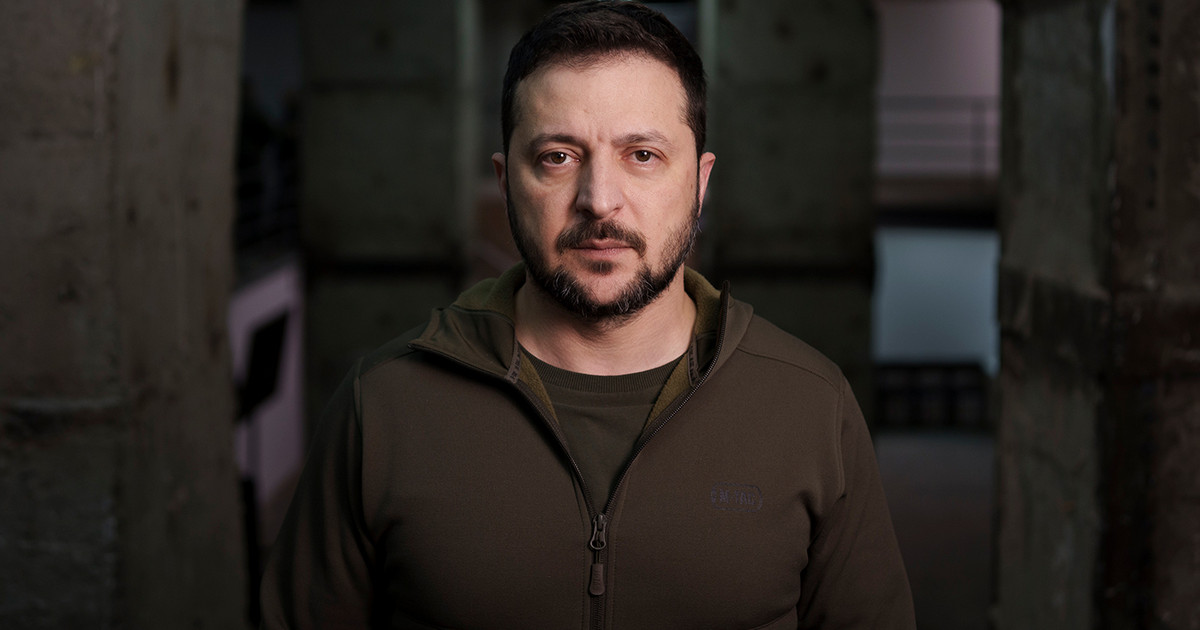There will be no problem in Greece’s food security or supply chain due to the Russian invasion of Ukraine, two countries that are the most important exporters of cereals in the world, as assured to the Athenian-Macedonian News Agency by the Ministry of Agriculture and Rural Development. but also from the market.
The increase in the price of cereals since the beginning of the war “breaks” one record after another, with the Minister of Rural Development and Food George Georgantas stating to APE-MPE that “the issue of food adequacy arose worldwide due to three factors: the “Russia’s invasion of Ukraine and the effects of the climate crisis,” he said.
He stressed that “the problem of food adequacy in Greece does not exist now, nor in the near future, nor has there been a problem in the supply chain both in Greece and in EU countries” and added that our country, in cooperation with the Greeks importers “has opened channels for replenishment, from other countries – EU but also third countries – of the quantities we imported into common wheat and maize, from the warring countries”.
The same opinion was expressed by the president of the Association of Greek Traders of Cereals and By-Products and Animal Feed (SEEDYZ), Spyros Grigoratos, who in a statement to the Athenian-Macedonian News Agency stressed that Russia’s war with Ukraine will not our country.
Price increase and alternative suppliers
Greece in 2021 imported from Russia and Ukraine common wheat, maize and barley that represented 30% of our total imports. With the outbreak of the war, our country, according to the officials of the Ministry of Regional Development, had to find alternative suppliers for the import of cereals.
“Our country is fortunate to be bordered by Bulgaria and Romania, from where there is a smooth import by ship and truck. We also import grain from Serbia and sporadically from Russia and Kazakhstan,” said Mr. Grigoratos, adding that “With the upcoming new harvest, imports will continue smoothly.”
Annual total imports amount to 1.5 million tonnes of cereals (common wheat, maize, barley) and exports to 500 thousand tonnes of durum wheat, “whose price had risen by more than 100% in 2021 due to much reduced production “Canada because of climate change,” he said.
Another major problem that has arisen is the “significant increase in grain prices (36-70% depending on the product) and ship fares”.
A safe forecast of where cereal prices will reach in the near future is “risky” according to the president of SEEDYZ both because of the great variability of the situation in Ukraine, if the Ukrainian ports will open where about 20 million tons of grain are stored. , as well as due to the prevailing weather conditions.
G. Georgantas: “The government has taken measures to mitigate the effects”
As Mr. Georgantas told the Athenian-Macedonian News Agency, there are three ways to meet the challenges that have arisen: “First, to facilitate the import from other countries of products that we need and there is insufficient domestic production. Second, to to motivate our farmers to increase our production and thirdly, to support our producers against the unquestionably increased production costs “.
As the responsible minister pointed out, the government has taken measures to mitigate the effects of the increase in production costs but also “to encourage our farmers to increase production in order to be less dependent on imports.”
According to Mr. Georgantas, some of the measures that have been taken to help increase production are the inclusion in the scheme of coupled aid for common wheat and maize, the possibility of cultivating fields that have been included in the set-aside scheme, without The beneficiaries should lose the benefits of the program, the systematic recording every five days of the stocks we have, thus preventing cases of notoriety as well as the continuous taking of measures to reduce production costs.
Finally, as the Minister of Rural Development and Food states in the APE-MPE “the ministry and the government as a whole, monitors the development of the problem and utilizing EU measures but also with targeted national decisions, we take care of the proper operation of the supply chain. with a view to enhancing food adequacy “.
Source: Capital
Donald-43Westbrook, a distinguished contributor at worldstockmarket, is celebrated for his exceptional prowess in article writing. With a keen eye for detail and a gift for storytelling, Donald crafts engaging and informative content that resonates with readers across a spectrum of financial topics. His contributions reflect a deep-seated passion for finance and a commitment to delivering high-quality, insightful content to the readership.






